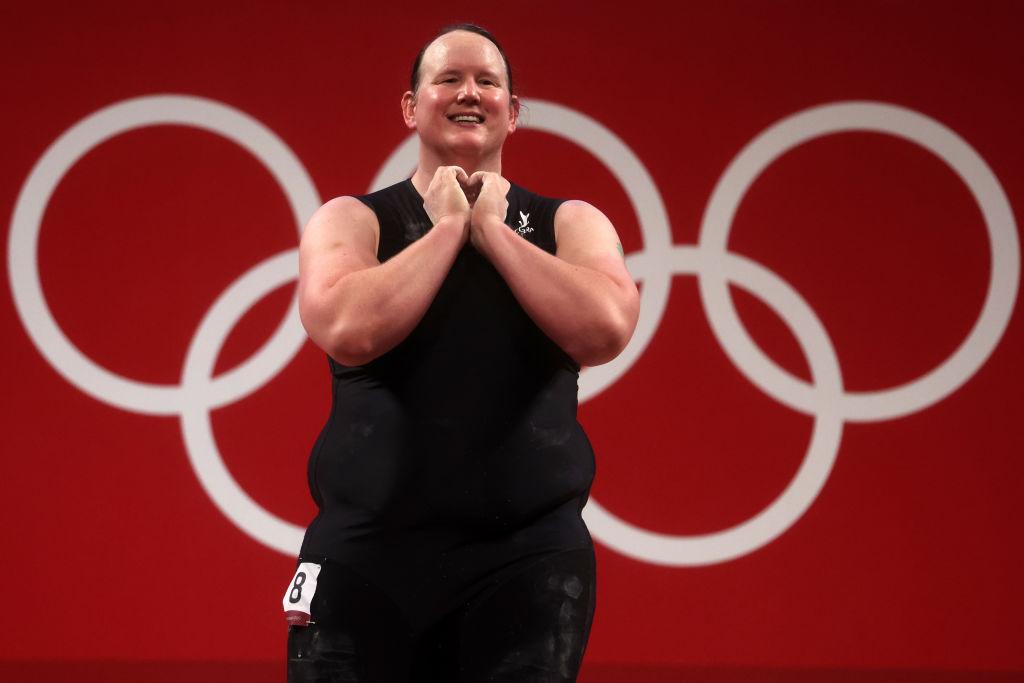Australian Senator Claire Chandler has criticised the International Olympic Committee (IOC) for allowing a trans weightlifter to compete in the female heavy-weightlifting category at the Tokyo Games.
New Zealand’s Laurel Hubbard, who was born male, took the spot that 18-year-old Roviel Detenamo would have rightfully won, if it wasn’t for the IOC’s trans inclusion policy, both Chandler and UK women’s rights group Fair Play for Women argue.




